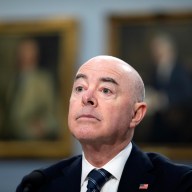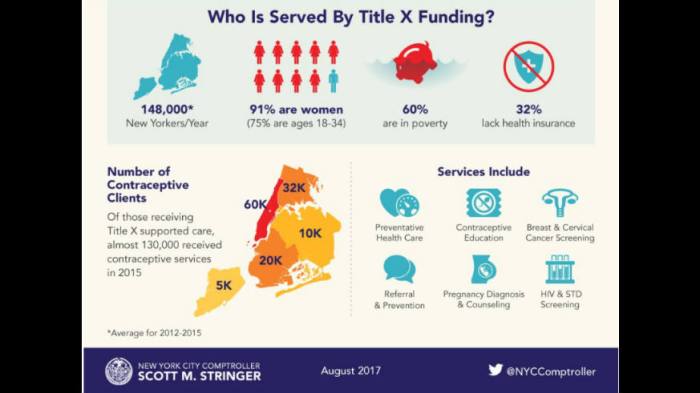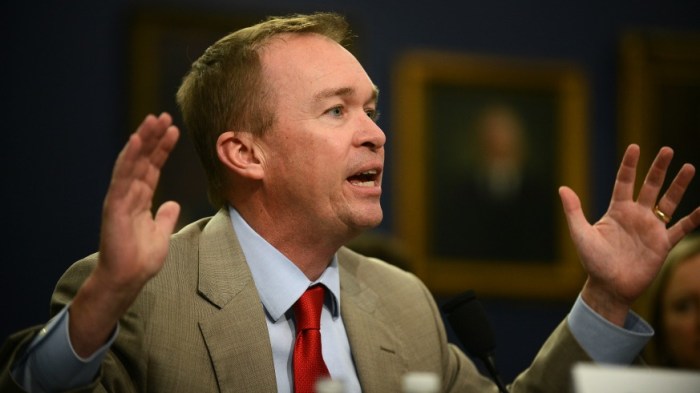Health care, especially in the wake of the Republicans’ recent failure to pass their replacement for Obamacare, remains a hot topic for many Americans, but how one group is faring amid the great insurance debate seems to have fallen to the wayside: doctors.
While they are among the most-educated and highest-paid professionals in the country, doctors do fall prey to the same issues that affect workers in every industry: state-to-state wage fluctuations, competition, increasing workloads, high tuition costs and, yes, potential changes to Obamacare, formerly known as the Affordable Care Act.
Finance site WalletHub this week released an analysis of the best and worst states for doctors, based on two factors: medical environment and opportunity and competition. Metrics included salary, per capita hospitals, competition, quality of hospital systems and malpractice award payout and liability insurance.
The best state overall for doctors is Iowa, followed by Minnesota, Idaho, Wisconsin and Kansas. New York comes in dead last overall, with Washington, D.C., New Jersey, Maryland and Rhode Island preceding it in the bottom five.
Other notable findings:
Highest wages: Indiana
Lowest wages: Washington, D.C.
Least competition: Idaho
Most competition: Rhode Island
Lowest malpractice payout: North Dakota
Highest malpractice payout: New York
Least expensive malpractice liability insurance: Wisconsin
Most expensive malpractice liability insurance: New York
“Doctors have reported a generalized sense of stress and tension knowing that (they) can be sued, and that they may order additional testing to address this concern,” Paul Simonson, founding partner of Simonson Goodman Platzer PC, a medical malpractice firm in New York and New Jersey, told Metro.
While President Donald Trump has decided to wait until Obamacare “explodes” to revisit its replacement, doctors can expect “turbulent change” and a “fracture” in the doctor-patient relationship should those changes eventually come, Timothy Hoff, a professor of management, health care systems and health policy at Northeastern University in Boston, said in the study.
“Physicians will also begin to feel more pressure to help patients better understand how their insurances work,” he said. “Physicians more than ever will be thrust into an advocacy role for their patients.”

















